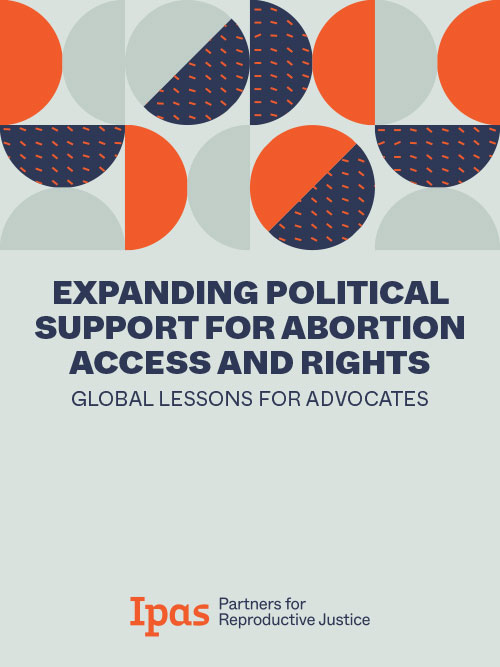
Mar 31, 2021
Advocating for abortion access is unlike advocacy on any other global health-care issue. This publication shares insights and lessons learned by Ipas staff and our partners around the world through decades of advocacy work to expand abortion access. The content outlines key obstacles and opportunities that advocates encounter, plus strategies for overcoming common challenges.
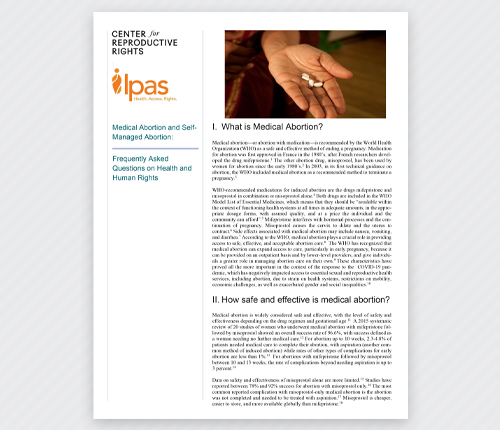
Jan 27, 2021
This publication from Center for Reproductive Rights and Ipas explains human rights standards that advance the right and ability to self-manage an abortion.
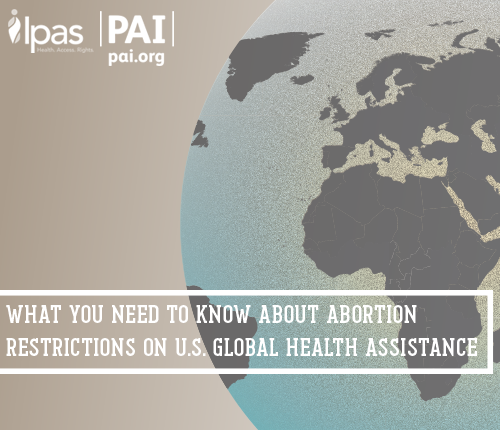
Sep 9, 2020
If your organization receives global health assistance (monetary and non-monetary) from the U.S. government, there may be certain types of abortion-related work that you cannot perform—and these restrictions can even limit work funded from sources other than the U.S. government.
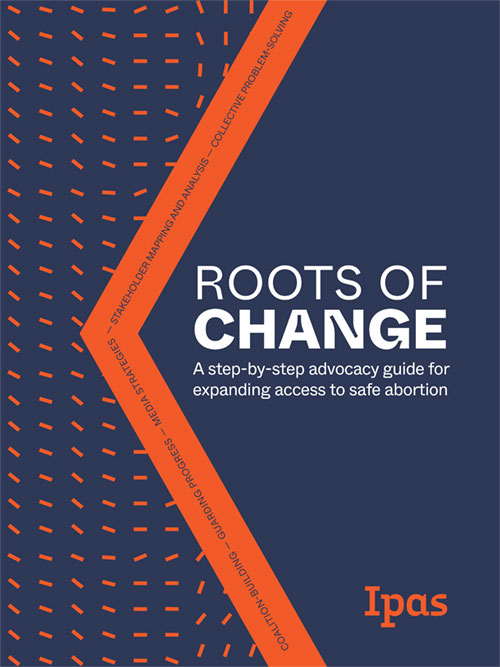
Sep 8, 2020
This guide is intended for advocates interested in supporting expanded access to safe abortion care in their countries. It will help you and your colleagues develop a strategy that considers the unique considerations for abortion-related advocacy. It is intended that you will work through the guide with a small group of stakeholders who are committed to working together on expanded access to safe abortion care.
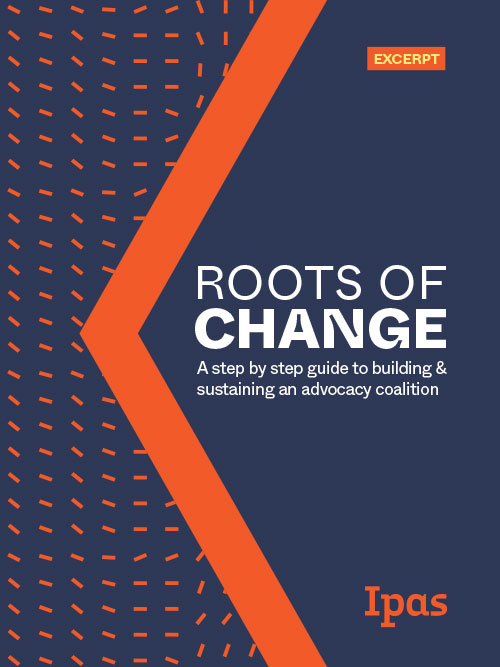
Sep 7, 2020
This resource is an excerpt from Ipas’s Roots of Change: a step-by-step advocacy guide for expanding access to safe abortion. The purpose of this section is to provide you with the key considerations and practical resources necessary to ensure a sustainable and well-functioning coalition for your advocacy work.






